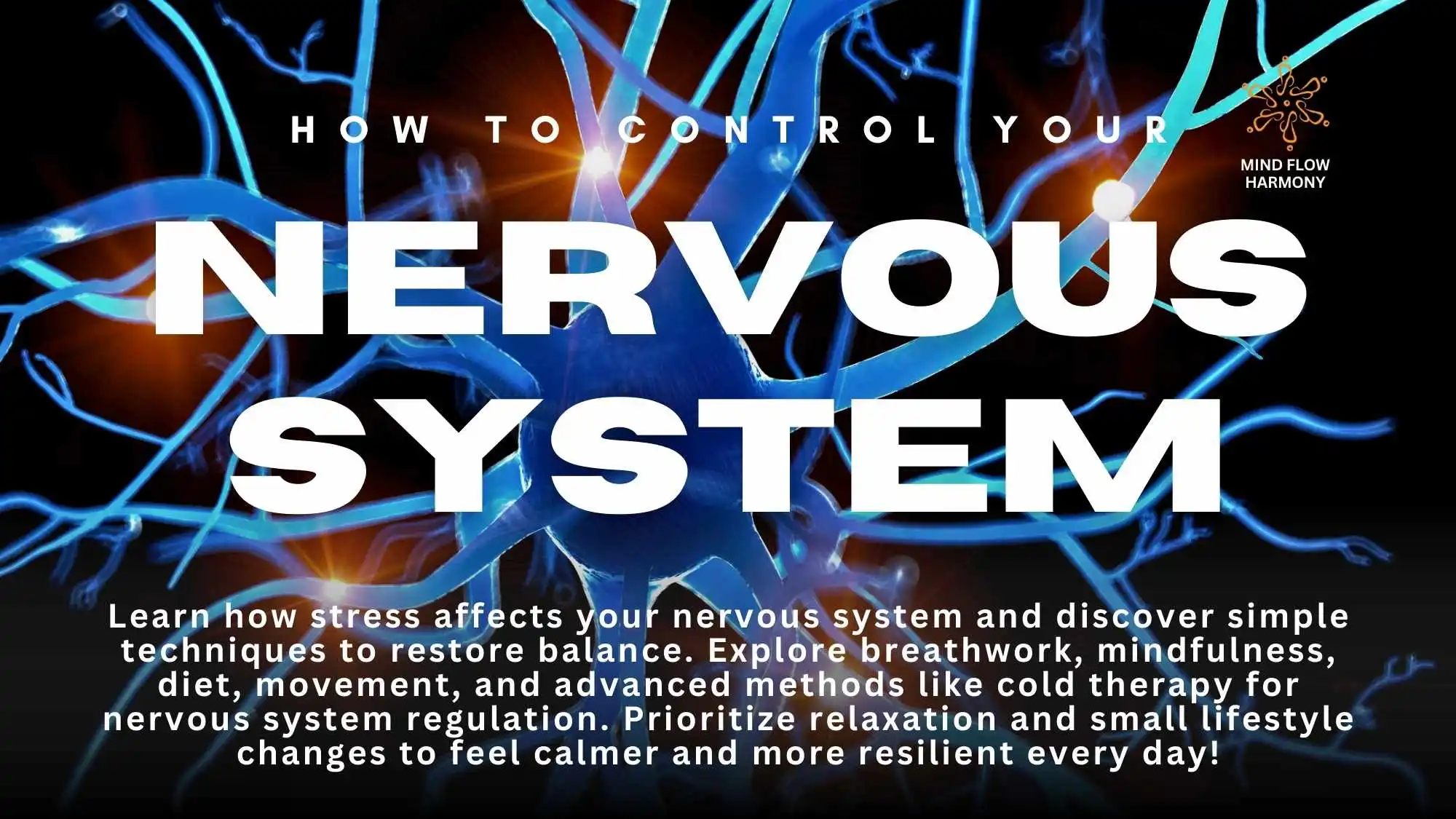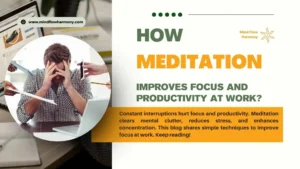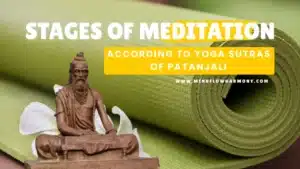Your nervous system is like the control center of your emotions, focus and complete health. Dysregulated nervous system will occur when you become stressed, anxious or tired. Thus, you should know how stress affects the nervous system to find ways to make yourself feel calm and well. It disrupts its natural balance and lead to get overwhelmed emotions.
Having knowledge of nervous system regulation lets you regain control. By understanding its mechanisms you will be able to restore a sense of peace. Continue reading and explore more.
Understanding the Autonomic Nervous System
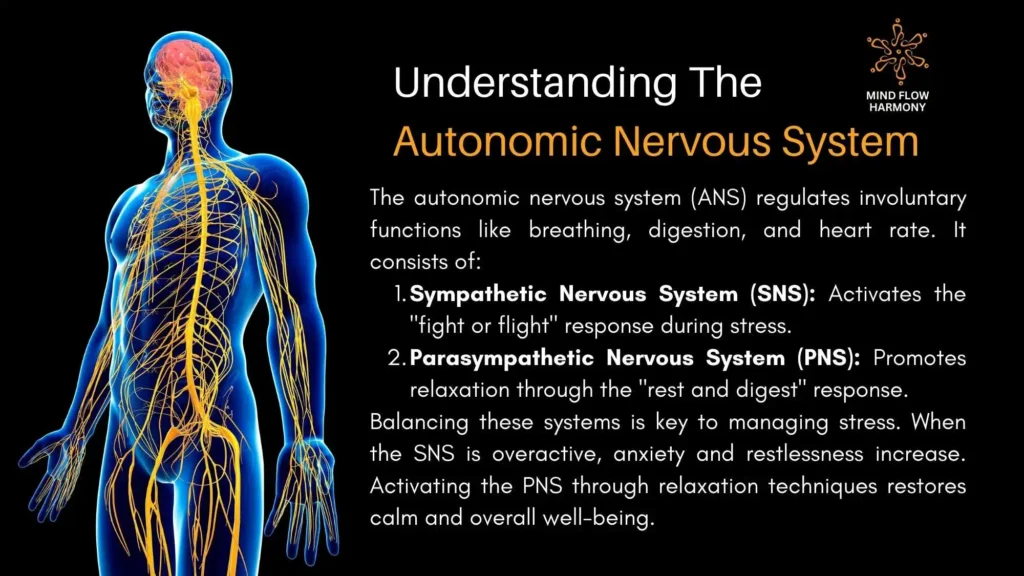
The autonomic nervous system (ANS) controls automatic functions like breathing, digestion and heart rate. It has two branches which are as follows:
- Sympathetic Nervous System (SNS): It prepares your body to respond to stress or danger which is also known as the fight or flight system.
- Parasympathetic Nervous System (PNS): It helps your body relax and recover which is also known as the rest and digest system.
Your body has two internal control systems that act like opposites similar to having an on and off switch. The sympathetic nervous system is your body’s emergency response which activate when stressed or threatened. It boosts your heart rate, speeds up breathing and gives energy to fight or flee. This is your fight or flight response.
The parasympathetic nervous system acts as the relaxation mode of your body on the next hand. It slows your heart rate, helps in digestion and helps you recover. You can research on the internet to know how to activate the parasympathetic nervous system. There are also ways to specifically activate this chill out system to promote relaxation and better health.
Maintaining a balance between these two systems is vital for nervous system regulation. Stress levels rise when the SNS is overactive which lead to anxiety and restlessness. Activating the PNS through relaxation techniques helps restore calmness.
Signs of a Dysregulated Nervous System
You might experience symptoms of a dysregulated nervous system when the nervous system is out of balance which are as follows:
Hyperarousal (Overactive Nervous System)
- Anxiety
- Panic attacks
- Racing thoughts
- Irritability
- Insomnia
Hypoarousal (Underactive Nervous System)
- Fatigue
- Emotional numbness
- Brain fog
- Low motivation
- Feeling disconnected
Your body’s alarm system which is known as “fight or flight” response might get stuck when you have constant chronic stress symptoms. This can cause a racing heart and anxiety. That is your sympathetic nervous system working overtime. You might feel drained, have stomach issues or feel disconnected on the other hand. This simply means that the “rest and digest” system which is called the parasympathetic nervous system is not functioning properly. Stress can throw your body’s natural balance off which make one system too active and the other not active enough.
Essentially, a balanced nervous system allows you to seamlessly switch between these two states as needed. When one system is consistently dominant or struggling, it throws off this balance. This dysregulation can happen in various forms both physically and emotionally symptoms which signal the body’s lack of ability to properly manage stress and adapt to its environment. Thus, you should learn the signs your nervous system is out of balance to take steps to restore stability. Here, you know how stress affects the nervous system in different ways.
How Stress Disrupts Nervous System Balance?

Chronic stress symptoms overstimulates the sympathetic nervous system which lead to nervous system dysregulation. When stress levels are high:
- Cortisol levels increase causes anxiety and tension.
- Poor sleep weakens the ability of your body to recover.
- Unhealthy diet and lack of movement will lead to nervous system imbalance.
How to reset your nervous system after stress depends on the adoption of habits that reduce stress and support relaxation.
Lifestyle Changes for Nervous System Regulation
Making small changes in daily habits can help you in nervous system reset in the following ways.
Improve Your Diet
- Eat foods that are rich in nutrients like leafy green vegetables, fatty fish, nuts and seeds and also take best supplements for nervous system health.
- Avoid processed foods and excessive caffeine which can disturb the nervous system.
Exercise and Movement
- Yoga, walking, and strength training help release stress and reset the nervous system.
- Stretching and light physical activity promote relaxation.
Quality Sleep
- If you want to know how to improve sleep naturally, then you should maintain a regular sleep schedule.
- You should avoid screens before you go to bed.
- Also make use of relaxation techniques to improve your sleep naturally.
You have to adopt these daily habits to support nervous system regulation.
Mind and Body Techniques to Regain Calm
Implementing mind and body practices will help you activate the parasympathetic nervous system and restore calm.
A. Breathwork for Nervous System Healing
Breathing exercises for stress relief will also help you to calm the nervous system.
- Box Breathing – Inhale for 4 seconds, hold for 4 seconds, exhale for 4 seconds and then hold for 4 seconds in this kind of breathing.
- 4-7-8 Breathing – Inhale for 4 seconds, hold for 7 seconds and then exhale for 8 seconds in this breathing type.
- Physiological Sigh – You should take two short inhales in this breathing with your nose and then exhale deeply with your mouth.
B. Meditation and Mindfulness
- Meditation for emotional regulation helps you notice and manage your emotions better by practicing stillness and thereby allows you to respond calmly.
- Simple mindfulness practices for stress like focusing on your breath or observing surroundings help ground your thoughts.
Meditation Course in Rishikesh for Stress and Anxiety
C. Grounding and Nature Therapy
- Walking barefoot (earthing) helps regulate the nervous system as earthing and nervous system balance are both interconnected.
- You can adopt spending time in nature for stress relief and fresh mood.
- You can also make use of grounding techniques for anxiety.
Advanced Techniques for Nervous System Recovery
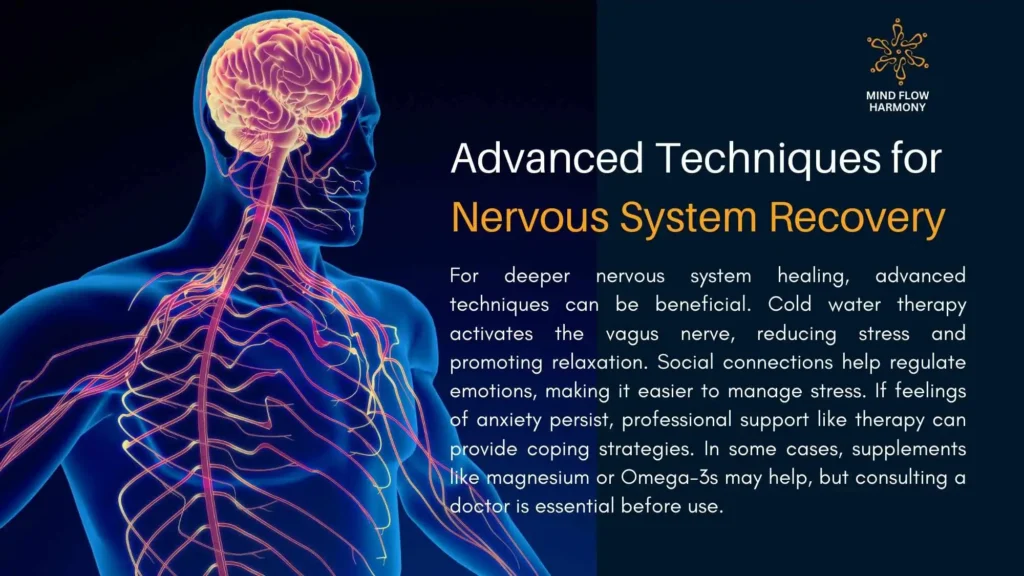
For deeper nervous system healing, advanced techniques can be helpful which are as follows.
A. Cold Water Therapy
Cold showers and vagus nerve stimulation can help you bounce back from stress. Cold exposure activates the vagus nerve which calms your body down. This activation helps lower your heart rate and reduce anxiety which make you feel relaxed and ready to handle challenges. Thus, you should avail cold water therapy benefits.
B. Social Connection and Co-Regulation
Positive relationships help you manage emotions through co-regulation and thereby it supports nervous system healing. It teaches you how to calm down. Social connection and nervous system balance have a great relation as social connection make it easy to handle stress and feel emotionally stable.
C. Professional Support
Are you feeling overwhelmed, anxious or struggle with daily life? It might be time to get some support. Therapy will help you know your feelings and develop coping skills. Therapy for nervous system regulation can be especially beneficial if you frequently experience stress out feeling. Sometimes, weight reduction plan and lifestyle adjustments are not enough. You should make use of Best supplements for nervous system health like magnesium or Omega-3s but it is important to talk to your doctor or therapist before you take any supplements.
Conclusion
Understanding how to reset your nervous system will help you to know the importance of balance. You feel calmer and resilient when your sympathetic and parasympathetic systems work together harmoniously.
This blog has provided several simple yet effective tools for nervous system regulation. Remember, techniques like breathwork and mindfulness can make a huge difference. Sometimes small lifestyle changes like sleeping on time and spending time in nature can too bring a great transformation. You should find what works best for you and then make those calming activities a regular part of your day. Let us know which of these techniques will you try first to make a start today?

